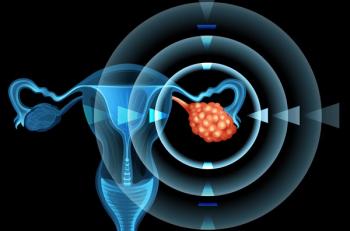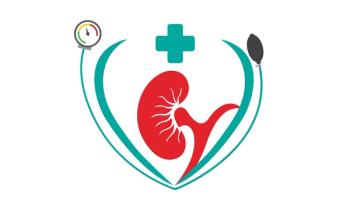
Providers
Latest News
Latest Videos

More News

Among Medicare beneficiaries, implantation was especially frequent for female patients and those undergoing tricuspid valve replacement with or without concomitant left-sided heart surgeries.

The use of ibudilast in the treatment of progressive multiple sclerosis (MS) has been suggested to reduce lesion volume in patients.

A state-wide analysis draws attention to the fact individuals with sickle cell disease (SCD) completed a vaccination against COVID-19 at nearly half the rate of individuals without SCD.

Efficacy against chronic lymphocytic leukemia (CLL) was seen when tested as both a single agent and in combination with antitumor antibody.

The Center on Health Equity and Access provides real-time updates, shares cutting-edge research, and supports continuous efforts dedicated to tackling health care disparities and enhancing widespread access to high-quality health services.

The article emphasizes the significance of accreditations in addressing health disparities and promoting health equity, highlighting programs for achieving accreditation and advocating for the integration of social determinants of health (SDOH) and health equity practices within pharmacy and health care.

Ann LaCasce, MD, MMSc, director of the Dana-Farber/Mass General Brigham Fellowship in Hematology/Oncology and chair of the Lymphoma Research Foundation’s Scientific Advisory Board, discusses potential shifts in the lymphoma space in the year ahead.

Payers, health systems, and health professionals will experience expanded accountability for performance in closing health disparity gaps in 2024.

In patients with high-grade ovarian cancer, an increased proportion of CD3+ CD137+ tumor infiltrating lymphocytes (TILs) correlated with favorable overall survival outcomes. However, proportions of CD3+ or CD3+ CD8+ TILs did not show significant associations with OS.

Medically integrated dispensaries could be in violation of the Medicare Physician Self-Referral Law, known as the Stark Law, due to an interpretation of the law released in 2021.

Patients with comorbid acute myeloid leukemia (AML) and myelodysplastic syndrome (MDS) expressed a desire to discuss treatment options and maintain normalcy; they were not willing to have conversations involving their prognosis and future.

A retrospective analysis surveys the treatment landscape and patterns of patients with paroxysmal nocturnal hemoglobinuria (PNH), illuminating high hospitalization rates and emergency department use despite the availability of multiple treatment options.

A systematic review of randomized controlled trials and prospective cohort studies concludes that sleep could be a prognostic component of lower back pain, but better evidence is needed.

The findings not only underscore the efficacy of 2 major interventions—Behavioral Activation Psychotherapy (BA) and Antidepressant Medication Management (MEDS)—but also support patient autonomy in choosing their preferred path to mental well-being.

A large-scale, population-based study examined patterns of disease-modifying therapy (DMT) exposure in pregnant patients with MS since 2010, revealing increased occurrences and the need for future studies to examine the impact of newer-developed DMTs.

Medicare-eligible patients with cutaneous squamous cell carcinoma (cSCC) could save on health care costs by utilizing the 40-gene expression profile (40-GEP) to guide treatment decisions.

The group emphasizes the importance of management strategies that consider 5 types, or groups, of pulmonary hypertension (PH), including 4 types secondary to other conditions.

A national analysis found significant disparities between non-binary transgender individuals and cisgender individuals related to mental health.

However, the association between familial hypercholesterolemia variants and coronary heart disease slightly weakened after adjusting for baseline low-density lipoprotein cholesterol (LDL-C) level and became statistically insignificant after adjusting for cumulative past LDL-C exposure.

Research on the state of health care, health outcomes, and health inequities in the criminal justice system continually advocates for structural-level reform and the recognition that carceral health issues are in fact public health issues.

Researchers have retrospectively analyzed data from nearly 60 patients with ocular myasthenia gravis (MG) not adequately responding to oral prednisone, finding that both intravenous (IV) methylprednisolone and tacrolimus monotherapy helped reduce symptoms.

Since 1987, only 57 cases of comorbid Parkinson disease (PD) and myasthenia gravis (MG) have been reported.

Patient survival and such treatment-related outcomes as time to treatment failure and treatment duration improved following implementation of a best practices program that focused on selinexor administration for multiple myeloma (MM), with implications for other anticancer medications.

The study may help explain why some patients are more prone to relapse following a complete response to induction therapy, as indicated by measurable residual disease (MRD) status and 2017 European LeukemiaNet (ELN) criteria.

A meta-analysis explored the individual components of cognitive behavioral therapy for insomnia (CBT-I) and suggested that cognitive restructuring, stimulus control and sleep restrictions provide the more benefits to patients.

















